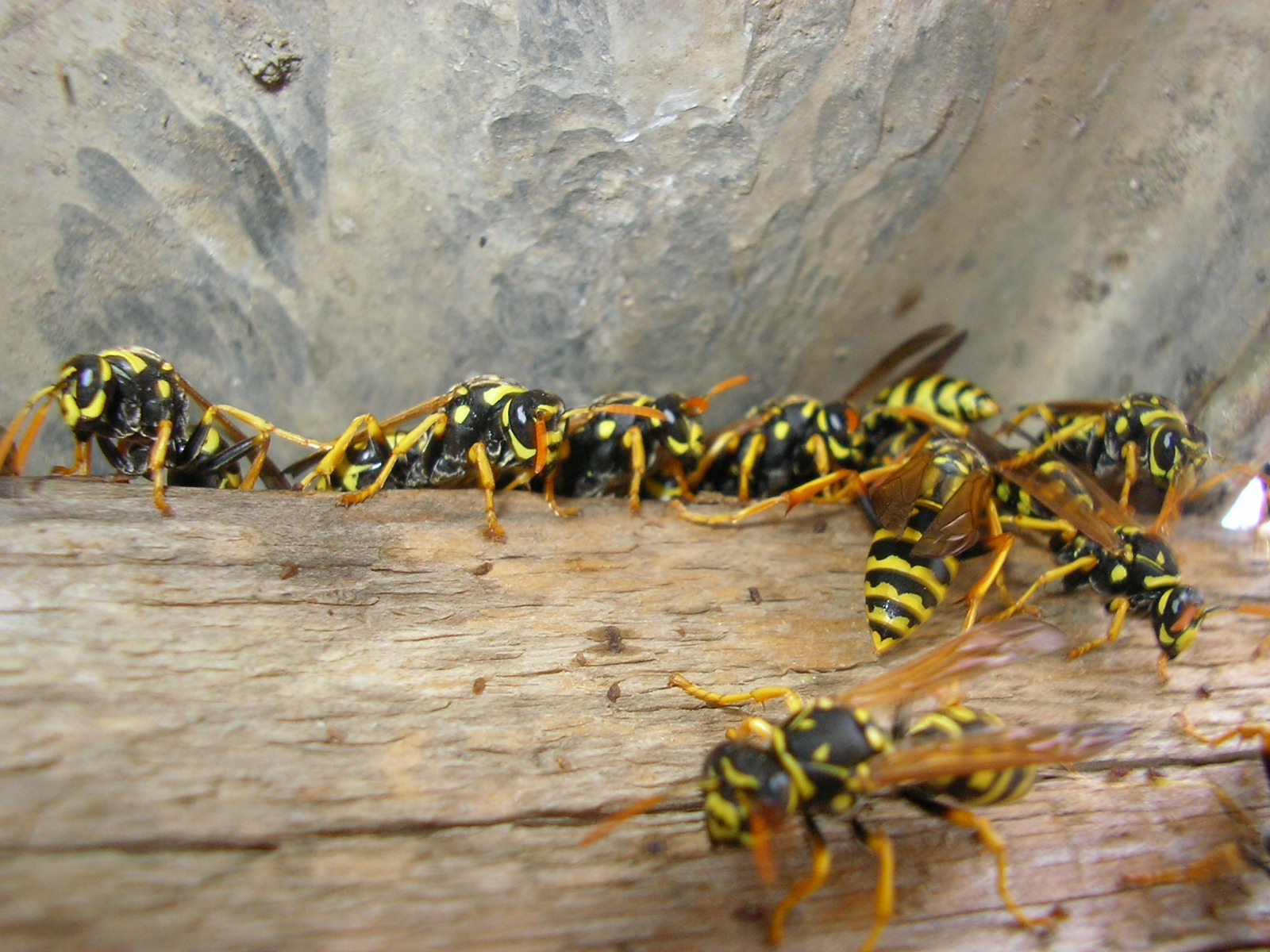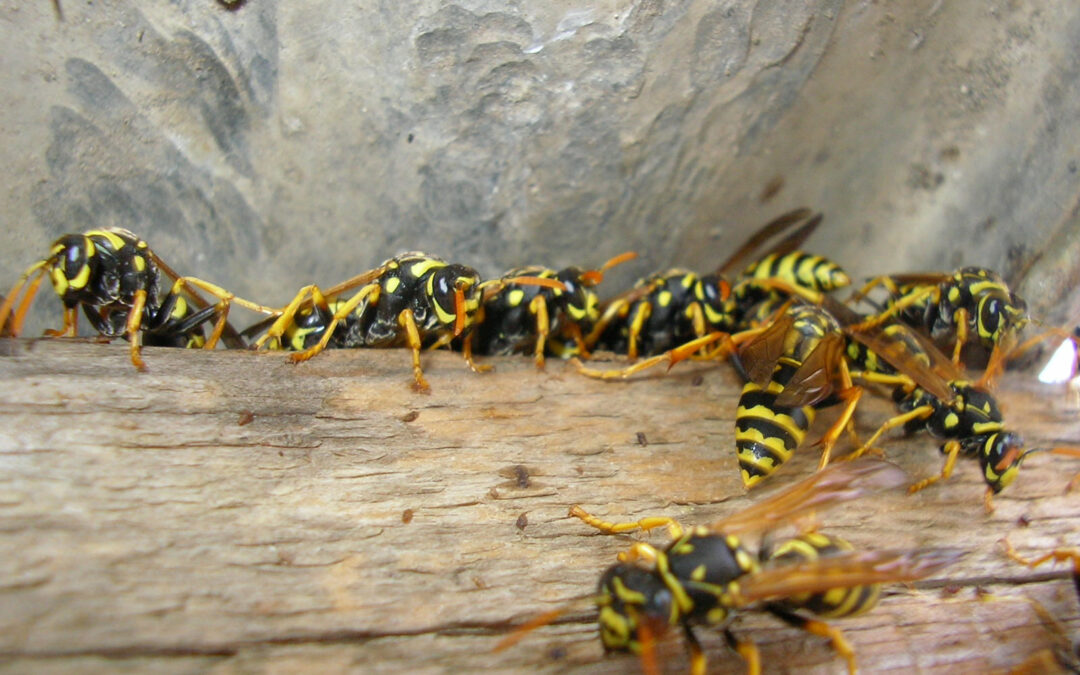Welcome to the world of organic gardening! Whether you’re a beginner or an experienced gardener looking to switch to natural methods, this guide will provide everything you need to know to get started with your own organic garden. Let’s dive in and learn more about what makes organic gardening so special.

Introduction to Organic Gardening
Organic gardening is a method of growing plants without using synthetic fertilizers or pesticides. Instead, it relies on natural techniques such as composting, crop rotation, and companion planting to keep plants healthy and thriving. By choosing organic gardening, you are not only creating a beautiful and sustainable garden but also contributing to a better environment by reducing pollution and conserving resources.

The Benefits of Going Organic
There are many benefits to choosing organic gardening over traditional gardening methods. Here are just a few:
Healthier soil: Organic matter like compost and manure improves soil structure and nutrient content, which leads to healthier plants.
Reduced water usage: Organically managed soils hold moisture better than conventionally managed ones, meaning less water is needed for irrigation.
Increased biodiversity: Companion planting and native plant species attract beneficial insects and birds that help control pests and pollinate flowers.
Choosing the Right Plants and Seeds
One of the most important steps in starting an organic garden is selecting the right plants and seeds. Choose varieties that are well-suited to your climate and growing conditions. You can find information on local plant nurseries or online seed catalogues. It’s essential to choose heirloom or open-pollinated seeds instead of hybrid ones because they produce seeds that can be saved year after year.
Preparing Your Soil for Planting
Good soil is the foundation of any successful garden. Start by removing all weeds and debris from the area where you plan to plant. Then add several inches of organic matter like compost or shredded leaves to enrich the soil. If necessary, adjust the pH level of the soil depending on the type of plants you want to grow. Most vegetables prefer slightly acidic soil between 6.0 and 7.0.
Watering and Fertilizing Your Garden
Inorganic gardeners often rely on chemical fertilizers to feed their plants, but there are plenty of natural ways to do so in an organic garden. Compost tea, for example, provides a steady supply of nutrients while promoting beneficial microbes in the soil. When it comes to watering, use a drip system or handheld hose to avoid wasting water. Avoid overhead watering, which can lead to disease problems.
Pest Control in an Organic Garden
Controlling pests in an organic garden requires a bit of knowledge and preventative measures. One way to reduce pest pressure is to rotate crops each season, which helps disrupt pest cycles. You can also create habitats for beneficial predators like ladybugs and lacewings by providing them with food sources and shelter. Finally, consider using natural remedies like neem oil or garlic spray to repel pests.
Harvesting Your Crops
Once your plants have matured, it’s time to harvest your crops. Depending on the type of plant, you may need to pick fruits or veggies before they fully ripen to ensure optimal flavor and quality. Always handle your produce gently to minimize bruising and damage. After harvesting, store your crops properly to extend their shelf life.
Troubleshooting Common Problems
Even with careful planning and attention, sometimes things go wrong in the garden. Here are some common issues and how to address them:
Disease: Remove affected plants immediately and dispose of them far away from other plants. Consider rotating crops next season to avoid future outbreaks.
Pests: Use natural remedies like neem oil or garlic spray to repel pests. Also, consider adding beneficial predator habitat to encourage natural pest control.
Poor growth: Check the soil pH levels and make sure the plants are getting enough sunlight and water. Adjust accordingly.
Tips for Successful Organic Gardening
Here are some final tips to help you succeed in your organic gardening journey:
Keep a journal: Write down notes on what works and doesn’t work in your garden. This will help you make informed decisions in the future.
Practice good sanitation: Clean up fallen fruit and vegetables promptly to discourage pests and diseases.
Experiment with new ideas: Don’t be afraid to try something new or different in your garden. Some of the best discoveries come from trial and error.
Congratulations on taking the first step towards organic gardening! With these tips and tricks, you’ll be well on your way to growing a beautiful and sustainable garden.



